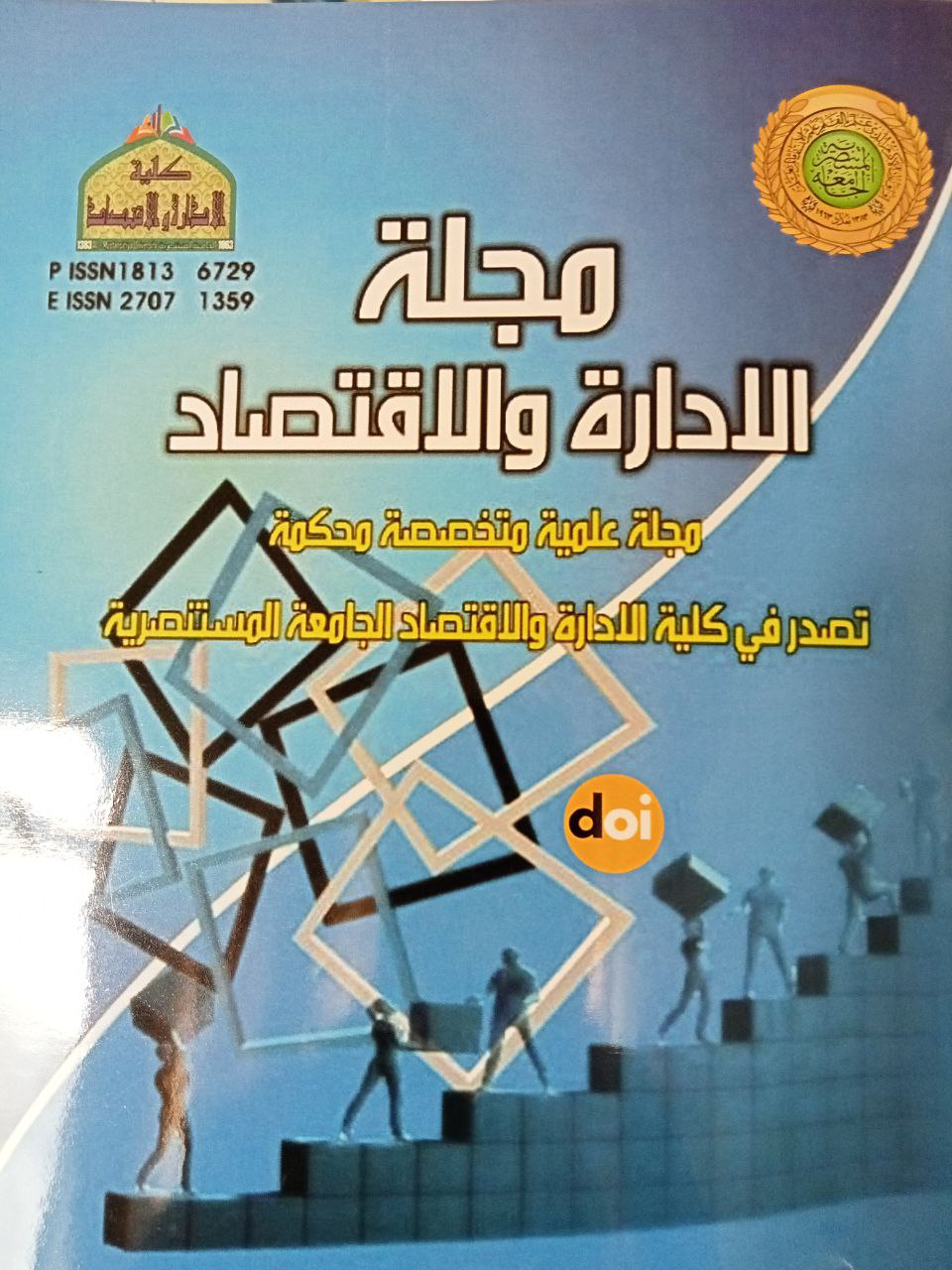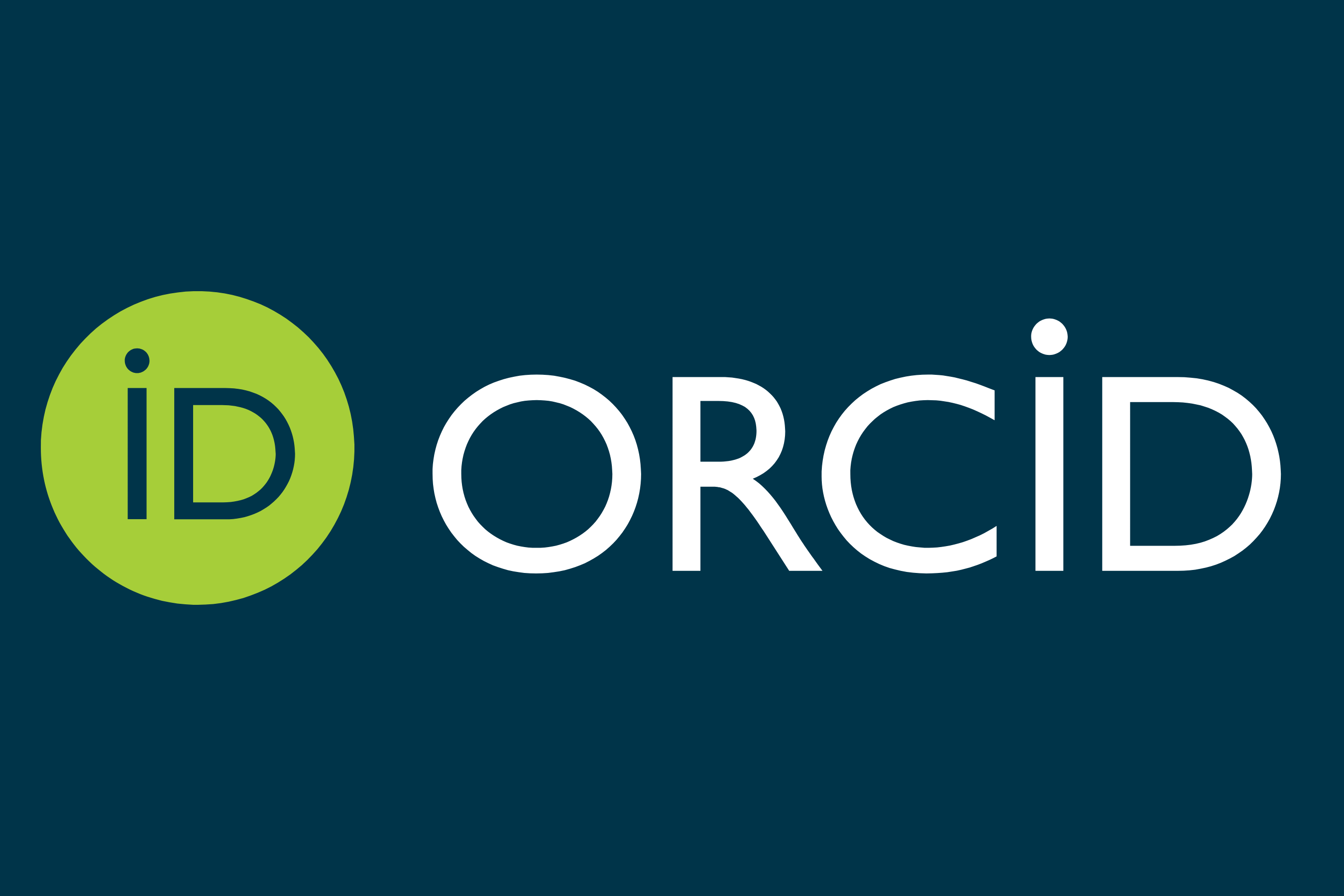أهمية معيار GRI 205 في إستدامة الجامعات الاهلية
DOI:
https://doi.org/10.31272/jae.i140.1064الكلمات المفتاحية:
معيار GRI 205، استدامة الجامعات الاهلية.الملخص
تَعّد الجامعات من أكبر المؤسسات العامة وأكثرها نفوذاً في العالم، إذ يُنظر إلى الجامعات على أنها منظمات فاضلة ، وحتى خيرية ، مسؤولة عن نقل المعرفة إلى افراد المجتمع من أجل إعداد الجيل القادم من القوى العاملة ، وتطوير قادة المستقبل ، وخلق فرص العمل ، وتعزيز العلاقات الثقافية والتجارية الدولية ، وخلق اقتصاد معرفي مبتكر .
تلقى مفهوم الاستدامة الاهتمام من قبل القطاعات الخاصة والعامة وغير الهادفة للربح ، وكذلك المؤسسات التعليمية والجامعات، إذ أن تطبيق نماذج الاستدامة في البيئآت الجامعية له ما يبرره ، نظراً للدور الذي تلعبه الجامعات كمؤسسات اجتماعية وعوامل تغيّر ، إذ تلعب دورًا مهمًا في إيجاد طرائق لتعزيز الاستدامة في المجالات الاقتصادية والاجتماعية والبيئية، لذا تَعّد الجامعة "مستدامة" عندما تكون قادرة على تنفيذ هذه الموضوعات في بحثها وتدريسها. لذا تم إدخال الاستدامة من قبل التعليم في المناهج والبحوث وأنشطة التوعية والعمليات ، إذ يوافر التعليم من أجل الاستدامة في الجامعات (لمجتمع الجامعة ) ، الطلبة والموظفين الإداريين والأكاديميين، المهارات والقدرات اللازمة للمساهمة في تحقيق الاستدامة، وتلتزم العديد من الجامعات بتحسين الاستدامة ، لكن عددًا قليلاً فقط من أصحاب المصلحة يبلغون عن أداء الاستدامة للمساءلة ، وتتباين جودة التقارير على نطاق واسع ، تركز هذا البحث على الاستدامة من منظور الجامعة بأكملها كمؤسسة تعليمية، وتحليل الجامعة كنظام متوافق من نظامين فرعيين ، الأكاديمي والإداري ، وتسعى إلى توسع نطاق تقارير الاستدامة العامة من قبل الجامعات ، ولتسليط الضوء ايضاً على ما اذا كانت مقاييس الأداء العالمية تلتقط المواقف والأنشطة المؤسسية ذات الصلة بمساهمات الجامعات في الاستدامة ، ويركز التحليل بشكل أساسِ على إعداد التقارير العالمية للاستدامة ،مؤشر المبادرة ( GRI 205) ، إذ يَعّد هذا المؤشر ذا فائدة للمجتمع لكونه يرتكز على مجموعة من المبادئ وخاصة ما يتعلق بحقوق الإنسان و العمل والبيئة ومكافحة الفساد في الجامعات والاهتمامات الاجتماعية. ويحدد البحث القيمة في اعتماد الجامعات لإطار تقارير الاستدامة المقبول عالميًا ويقدّم اقتراحات محددة حول كيفية تكييف الإطار بشكل أفضل مع الجامعات في تقارير الاستدامة ويحدد العوامل المرتبطة بقرارات الإبلاغ عن الاستدامة وجودة تلك التقارير.
التنزيلات
المراجع
المصادر العربية :
– السعداوي ، أسامة ،العمري ، قندوز ،" أليات مكافحة الفساد"، جامعة المسيلة, 2020
- الحداد ،حسون محمد علي, الصالحي، لمياء صلاح الدين محمد فخري ،"اثر الجودة الشاملة على التنمية المستدامة في الكليات الاهلية – العراق "، مجلة بغداد للعلوم الاقتصادية الجامعة ، العدد الخاص بالمؤتمر العلمي الدولي الثامن ، 2019.
- الخطيب ، مقداد عبد الوهاب،" تمكين التعليم العالي من مواجهة التحديات التنموية من خلال جامعات مستدامة "، مجلة الهندسة والتنمية ، المجلد 18 ، العدد 3، 2014.
- السالم ،غالب محمود حسين ،"واقع وإمكانيات التنمية المستدامة للجامعات المحلية في منطقة طوباس "، جامعة النجاح الوطنية ، فلسطين ،2008.
- العبيدي ،رشا جاسم احمد، "اثر التخطيط الاستراتيجي وموائمة مخرجات التعليم العالي لمتطلبات سوق العمل في دعم سياسات التنمية العراقية." مجلة الجامعة العراقية ،2011 ،عدد الصفحات 346-372.
- القرغلي، خضر عباس عطوان ،علاء ،اسراء ،"منظور للإرتقاء بدور الجامعة في مكافحة الفساد"، مجلة العلوم القانونية، جامعة بغداد، العدد 33، 2016.
- جلوب ،اسماعيل هادي ،احمد ، سالي ابراهيم ،"استخدام التحليل العاملي في تحديد أهم العوامل المؤثرة في مؤشرات التنمية المستدامة للجامعات العراقية : دراسة تحليلية لآراء عينة من التدريسيين في البيئة التعليمية العراقية " ، مجلة الجامعة العراقية ، العدد47، مجلد1، 2020.
- سالم ،ماجد صدام ، حسون ،لؤي عدنان ،" دور التعليم الجامعي في تحقيق التنمية البشرية في العراق "، مجلة ميسان للدراسات الاكاديمية ، المؤتمر العلمي الافتراضي الدولي الاول ،2020.
- عبد الله أوبان ،ديك، رولى ،"دور الافصاح غير المالي عن تنمية الموارد البشرية في مكافحة الفساد" ، مجلة جامعة تشرين للبحوث والدراسات العلمية ، سلسلة العلوم الاقتصادية والقانونية المجلد 40، العدد2، 2018.
- كريم ، ياسين نور ،" تقييم اداء العاملين ودوره في مكافحة الفساد الاداري والمالي "، مجلة اهل البيت ، العدد23، المجلد1، الصفحات 519-540.
- موحي ،مهدي عطية ،حسين ،جاسم محمد " استراتيجيات مكافحة الفساد الإداري والمالي ودورها في تعزيز الاداء المنظمي دراسة استطلاعية لآراء عينة من الأكاديميين والمسؤولين في مكاتب المفتش العام" مجلة كلية الادارة والاقتصاد للدراسات الاقتصادية والادارية والمالية ،2015، مجلة 7 ،عدد1،صفحات 94-131.
- يعقوب ، ابتهاج اسماعيل ، عباس ،زينة خضير ، " الجامعة المستدامة خارطة طريق لتحقيق التنمية المستدامة : دراسة تحليلية لاراء عينة من الاساتذة الجامعيين في البيئة العراقية " ، مجلة كلية بغداد للعلوم الاقتصادية الجامعة ، العدد الخاص بالمؤتمر العالمي الدولي ،2019.
- - يوسف محمود, محمد الخلف, و كمال محمود فرحة. "الفساد–أشكاله، أسبابه، نتائجه" ،مجلة جامعة تشرين للبحوث والدراسات العلمية ، سلسلة العلوم الاقتصادية والقانونية ، مجلد 32، العدد5، 2010.
المصادر الانكليزية:
–GRI 205 2016 , www.globalreporting.org
-Choudhry, Sujit, Richard Stacey, et,al,” Combating Corruption Constitutional Frameworks for the Middle East and North Africa”,2014 .
- Stenzel, Paulette L. "Sustainability, the triple bottom line, and the global reporting initiative." Global EDGE business review 4.6 (2010): 1-2.
- Giovannoni, Elena, and Giacomo Fabietti. "What is sustainability? A review of the concept and its applications." Integrated reporting: Concepts and cases that redefine corporate accountability (2013): 21-40.
- Leal Filho, Walter, Chris Shiel, and Arminda Paço. "Implementing and operationalising integrative approaches to sustainability in higher education: the role of project-oriented learning." Journal of cleaner Production 133 (2016): 126-135.
- Blanc, Renata, Manuel Castelo Branco, and Dennis M. Patten. "Cultural secrecy and anti‐corruption disclosure in large multinational companies." Australian Accounting Review 29.2 (2019): 438-448.
- Previtali, Pietro, and Paola Cerchiello. "Corporate governance and anti-corruption disclosure." Corporate Governance: The International Journal of Business in Society (2023).
- Gökten, Soner, and Pınar Okan Gökten. "Yolsuzluk Muhasebesi: GRI 205 Standardı Özelinde Normatif Bir Araştırma." İşletme Araştırmaları Dergisi 13.4 (2021): 3701-3711.
- Sidig, L. "Private Universities and their Role in Community Development." Journal Of AL-Turath University College 14 (2014).
- Jonauskis, M. (2004). Anti-Corruption Education And Training In Lithuania. Enhancing the Capacities to Govern: Challenges Facing the Central and Eastern European Countries, Bratislava, The Network of Institutes and Schools of Public Administration in Central and Eastern Europe, 254-269.
- Sidig, L. "Private Universities and their Role in Community Development." Journal Of AL-Turath University College 14 (2014).
. Kamilsoy, N. (2019). Anti-Corruption policy gap: The case of Azerbaijan.
. Leal Filho, W., Pallant, E., Enete, A., Richter, B., & Brandli, L. L. (2018). Planning and implementing sustainability in higher education institutions: an overview of the difficulties and potentials. International journal of sustainable development & world ecology, 25(8), 713-721.
التنزيلات
منشور
إصدار
القسم
الرخصة
مجلة الإدارة والاقتصاد هي مجلة مفتوحة المصدر حيث تكون جميع محتوياتها مجانية. تخضع مقالات هذه المجلة لشروط ترخيص المشاع الإبداعي المنسوب إلى المؤلف (CC-BY 4.0) (https://creativecommons.org/licenses/by/4.0/legalcode) الذي يسمح للمرخص لهم دون قيود بالبحث عن النص الكامل للمقالات أو تنزيله أو مشاركته أو توزيعه أو طباعته أو ربطه به، وفحصه للفهرسة وإعادة إنتاج أي وسيلة للمقالات بشرط أن ينسبوا إلى المؤلفين الفضل في ذلك (الاستشهاد). تسمح المجلة للمؤلفين بالاحتفاظ بحقوق الطبع والنشر لمقالهم المنشور.
. Creative Commons-Attribution (BY)










